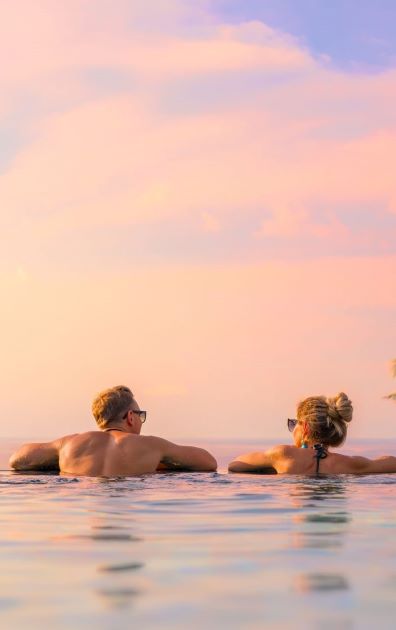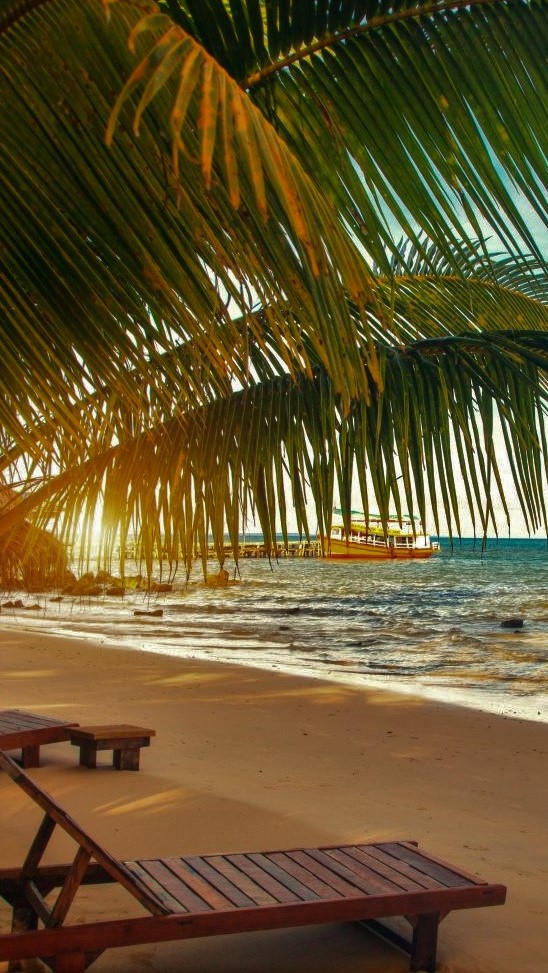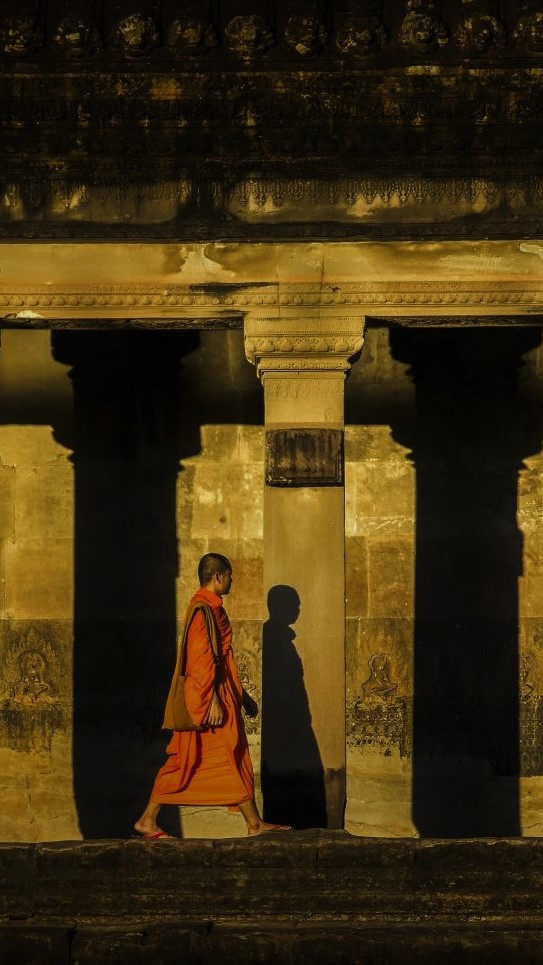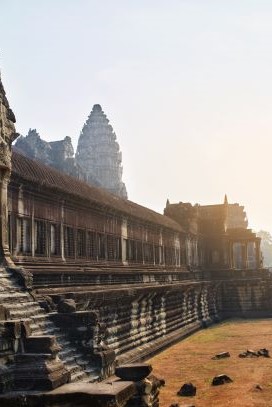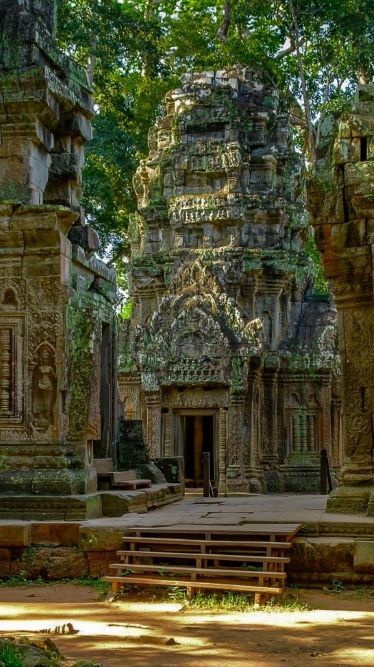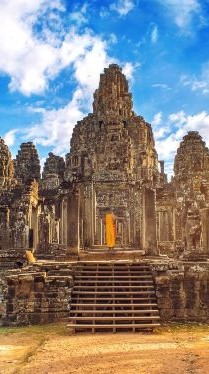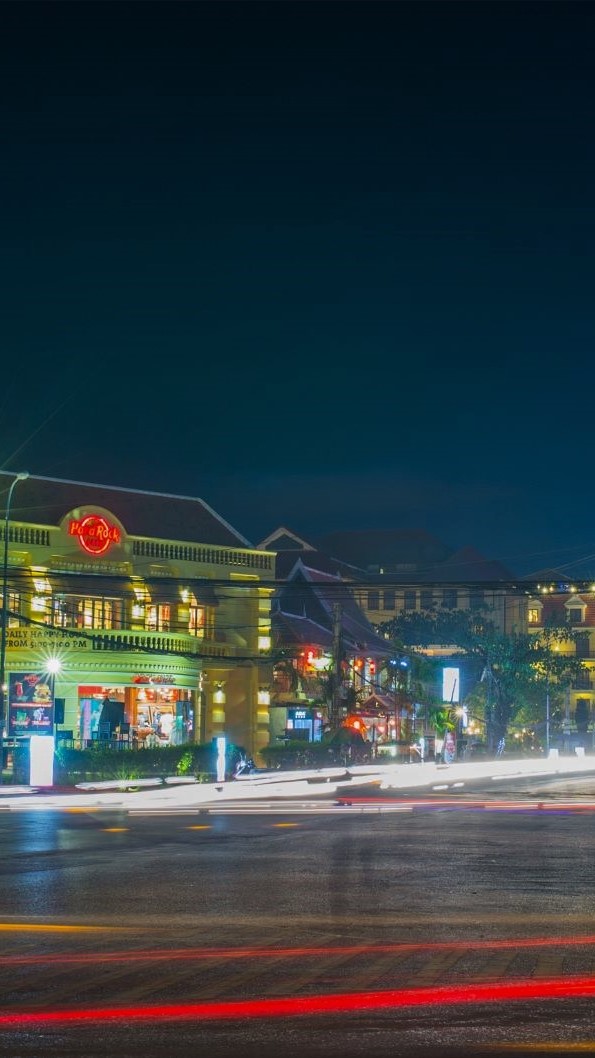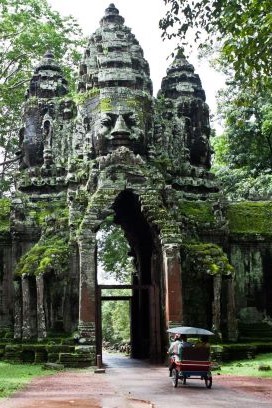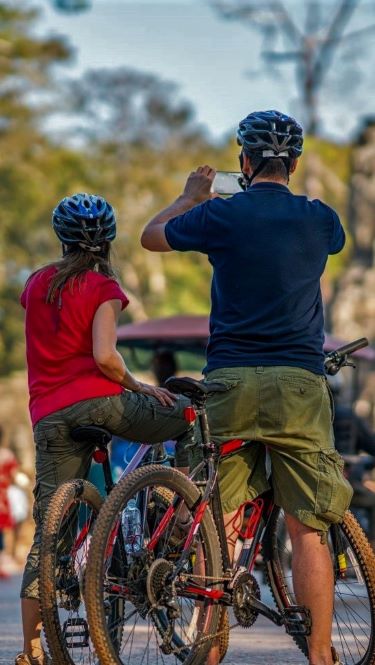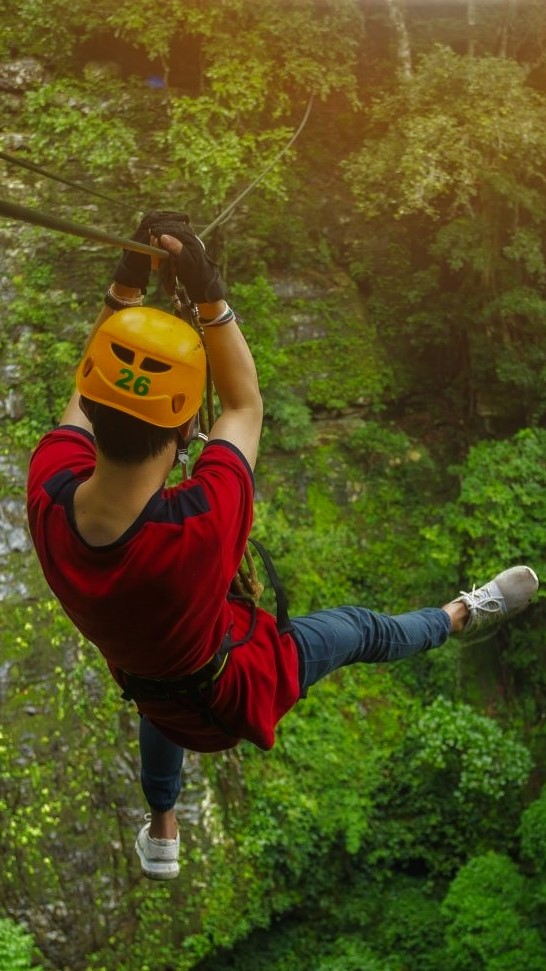WHEN TO GO & WEATHER (Cambodia)
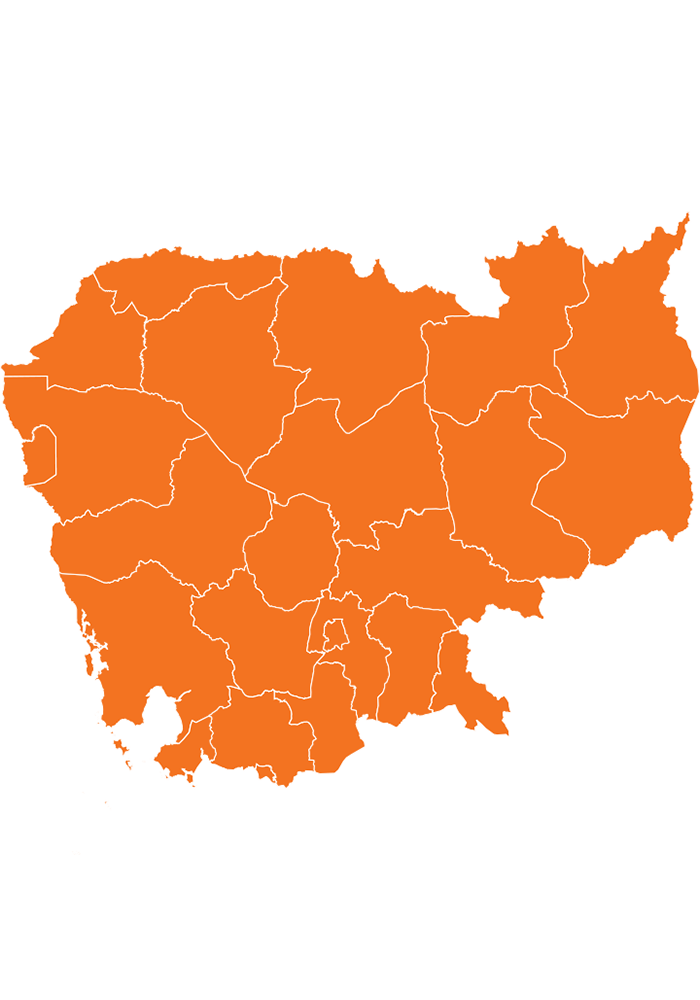
-
The Wet Season
Early/Mid May - October
Cambodia's wet season comes courtesy of the southwest monsoon and lasts from May to October, bringing with it almost 75% of Cambodia's annual rainfall. Across Cambodia, throughout much of the rainy season, daytime temperatures average between 25°C and 27°C. The early months of the wet season (May – July) remain very hot with infrequent rainfall usually in the form of short downpours. In the latter months (late July – September) the rain tends to becomes more constant and is heavy at times, especially in coastal and rural regions. -
The Dry Season
October - April/Early May
Cambodia's dry season lasts from October to April, when the dry north-east monsoon arrives, characterised by hot wind blowing across the entire country. Whilst November to January are quite cool (high 20°C's), by April the weather is scorching making early morning and late afternoon Angkor Temple tours, with a few hours by the hotel pool at lunchtime, the preference for many.
There are many orphanages really need help. But when traveling orphanage tourism become popular, many of them are fronts to scam unsuspecting visitors to Cambodia. In some orphanage - they take advantage of tourists's helpfulness, they oblige orphan children wear tatter clothes, so visitors fell pity for them and give them money. And also have the orphanage imitation has turned children into victims of pedophile - now this happens a lot and had a lot of children being taken advantage of by the tourists unkind. So we recommend that tourist should not go it.
You can take Riel - The official currency in Cambodia, the Cambodian riel and the US dollar is Cambodia’s unofficial second currency. At border towns, such as Koh Kong or Ha Tien, you’ll often find the currency of the neighboring country also in use: the riel, the dollar, and the Thai baht or the Vietnamese dong. Remember that you will get better rates by converting your money once out of the UK and ATMs or cash cards can be a safe and very cost effective ways to get access to your money abroad.
1. Some guide:
- Sam Pho
Email : siemreapservice@gmail.com
Mobile: (+855)99616606 call/text sms for oversea or roaming call and 099616606 for locally dial.
http://siemreapguideservices.com
- Vanith Hoeum
vanithhoeum@yahoo.com www.angkorguideonline.com
- Chhen Kol
www.cambodianangkortour.com
- Yousroeun Chet
email:chetyousroeun@yahoo.com handphone number:+855 97 666 5138 http://www.angkorwatservices.com/
- Sun Koung Angkor Tour Guide
kong_guide@yahoo.com www.angkorvatguide.com.
- Yous Sopanha
E-mail: touch_sopanha@yahoo.com
angkorguidesopanha
2. Some driver:
- David Phirun: has excellent English. He owns an air-con Camray and a tuk tuk and is familiar with distant temples, Koh Ker, Preah Vihear, Banteay Chhmar etc.
Contact at: www.angkortempletours.com or tel: +855 12651506 email: phirun_david@yahoo.com
- Sam: Speaks good english. His website: www.angkorbestdriver.com
Email: samsavat168@yahoo.com
+(855) 092 73 03 99
-Heng Ath: Heng Ath speaks enough english to tour. 4 fit comfortably in his Tuk Tuk (friendly to gay folks).
EMAIL: hengath512@gmail.com
PHONE NUMBER (you can have your hotel call him): 012766756
Times have changed and Cambodia have made substantial "progress" in the safety aspect of their countries.. While there is still progress to be made, in my opinion, the days of Cambodia- specially the major cities urban, being the "wild west" are mostly gone.. They are much more like any other developing Asian city.. and there is still progress to be made..
That said, like most all places, there is always the chance for things to go bad- no place is immune from that.. But I do feel that with some common sense, practical safeguards, the chance that they'll have anything go wrong will be incredibly small.
I think you have a valid concern, but I think that the overall risk level is much lower than you perceive it to be.
The visa scam
While efforts are being made to stamp out corruption across Cambodia, unfortunately there are some officials who have yet to clean up their act and often expect bribes at the borders before they will issue a visa (a one-month tourist visa on arrival is $30). However, another scam sees tourists approached by ‘officials’ as they head to the visa desk. They will be told additional paperwork, such as medical checks, are needed, which you will need to pay hefty fees for. These guys aren’t officials and additional paperwork is not needed.
The motorbike theft scam
Many travellers hire motorbikes in Cambodia, because it’s a cheap and easy way to get around. However, another common scam will see someone follow you for a few days before nicking the bike. This is done without raising suspicion since they will have a key to the bike lock provided by the rental place. You only have a few days left in the country – the rental place will have asked you when you leave – the police won’t find the bike, and you’ll be left forking out more than $1,000 to get your passport back. It pays well to go to a reliable bike rental shop or invest in your own padlock.
The take me home scam
This is aimed at men, and it doesn’t always have to involve prostitutes. It goes a little something like this: Guy meets nice local girl in a bar who takes an interest in him. He takes her home expecting a night of fun but instead is drugged and robbed of everything in his room. The easy way to avoid this is to not take girls back to your hotel room.
The fake police officer scam
Another common con is locals pretending to be police officers, stopping tourists and demanding they hand over their passports. As soon as they’ve got them, they will demand a ‘fine’ to return it. It’s probably not a good idea to walk around with your passport anyway, thanks to the bag snatching that is rife across the capital and other tourist hubs. Carry a photocopy instead. If you are stopped, ask to see their I.D. and be taken to the police station before handing anything over.
The missing bag scam
So, you’re staying in a guesthouse with a load of other backpackers, spending your days exploring the country and evenings kicking back for a few beers with your newly found fellow travelling friends. The con artists here is one of your new ‘friends’, who, after forging a pretty firm friendship with you will one day claim their bag containing all their valuables – passport, visa cards, cash – has been stolen. Then you’ll be asked to hand over a hefty sum of money, which they will pay back once they have contacted their embassy. Of course, you’ll never see the money again so it’s best to pretend you’ve run out of cash or offer to accompany them to the embassy.
The milk scam
Seasoned travellers should know not to give to begging children, but buying a bit of food might be ok, right? Wrong. Here, you’ll be approached by a poor mother or child who asks if you can buy some milk. They’ll take you to a store – where the owner is in on the scam – and you’ll end up paying ten times the price. As soon as you’ve disappeared, the milk will be returned to the store and the profits shared.
The crooked traffic cop scam
Tourists are commonly targeted by traffic police looking to boost their meagre wages. While this isn’t a scam as such it’s corruption that can be avoided. The simplest way is to not break the law: Wear a helmet, make sure your lights are working and stick to the rules of the road – yes, they do exist. Tourists are often pulled over by these police who will come up with a multitude of reasons to fine you. The actual fine is a couple of dollars, but they will demand much more. Ask to be taken to a police station if this happens, and, more often than not, they’ll let you off.
The drugs scam
Tourists will often be approached by tuk tuk drivers and other touts trying to sell weed and other drugs. While many will do just that, ripping you off in the process, a few will make your lives hell. They’ll ask you to come around the corner or to a secluded spot where a policeman will be hiding. As soon as the deal is done, he will appear and attempt to arrest you. Of course, you can pay your way out of being sent to the cells, but it will cost you.
The monk scam
This is another common scam carried out at the riverside in Phnom Penh and Pub Street in Siem Reap. Con artists dressed as monks will approach you and try and sell you bracelets and other goods. They are not monks, and your hard-earned cash is going straight into the pockets of criminal gangs. This is easy to avoid since you won’t find a genuine monk selling wares to tourists or anyone else.
The country is warm all year round, though there are several distinct seasons affecting the best time to visit Cambodia. There is little rain between November and May, the so-called dry season, which itself divides into two distinct phases. The cool season (Nov–Feb) is the peak time for tourism – mild enough to explore the temples in comfort but warm enough to sunbathe by the coast. Humidity and temperatures rise slightly during the hot season (March–May), with Phnom Penh and Battambang seeing peak daytime temperatures of 33–35°C. This is an excellent time to visit the coast, although Angkor is usually bakingly hot. Visiting Cambodia during the rainy season (roughly June–Oct) can present certain practical challenges, but it is also a fascinating time to see the country as it transforms into a waterlogged expanse of tropical green under the daily monsoon deluges (fortunately, the rains falls mainly in the afternoon; mornings are generally dry). Getting around (particularly in September and October) isn’t always easy: dirt roads turn to mud and flooding is commonplace. Not surprisingly it’s also the quietest time for tourism (even Angkor is relatively quiet) and the countryside is at its lushest.
The best time to go to Cambodia for the weather is December to February although it is at least 25 degrees celsius all year round so it is constantly warm. They do have a wet season from May until September with the most rainfall in August and September.
The country does get busy with crowds between November to March so you may want to opt for May to the beginning of October. This chart shows the average maximum day temperatures for Cambodia (from January to December).
There has been a dramatic 70% increase in Dengue fever so far this calendar year.
More disturbingly, cases are increasingly being reported in popular tourist areas such as Phnom Penh and Siem Reap.
So tourists should be consider and careful when you traveling here.
Do not visit or donate to the orphanages. If you really want to help, check out restaurants that take kids and teach them hospitality skills.
You can also stay in NGO accommodation which help to teach and encourage Cambodian youth.
Alternatively, donate to legitimate / reputable organizations / charities.
Yes, it is. close to five million tourists a year now go to Cambodia, and many of those single/solo female travellers, it is a very safe destination indeed. Cambodia is a relatively safe country for women travelling alone. Although there have been a few reports of harassment, foreign women are generally respected by Cambodians. If you solo travel in Cambodia keep your bag close to you in the city and on motorbikes. Aside from Siem Reap there are not as many tourists as you would find in Thailand and the children you encounter may overwhelm you with their curiosity for your attention and desire to touch your skin.
An elephant ride is a popular tourist activity in Cambodia. Some countries refer to captive elephants as domestic elephants; however elephants have never been truly domesticated. They are still wild animals and it is difficult to provide appropriate conditions for them in captivity. Elephants, unlike many other species, die younger in captivity than in the wild. Early death is a well-recognised indicator of poor health and biological stress.
To make a wild animal such as an elephant compliant and able to be controlled by humans they are often deprived of food and sleep, they are subject to regular beatings using the ankus or billhook, and physical restraint such as chaining and shackling.
So ethical travellers should take some time and find our about the options before taking part in elephant tourism – all good tour operators will have a policy on elephant tourism and if they do offer treks should be able to justify the options they offer. If there is justification for elephant treks you should make sure that treks are for a short duration and there are rest breaks between rides. That elephant treks should only be for part of the year and then only in the mornings; in the afternoons the elephants should be able to roam in an expansive wetland area, free to play, eat, drink, rest and socialise. That the elephants do not carry too much weight of for too long to makesure forr them health.
We should buy insurance because there are many situations unfortunately happen that we can not control and knew it to be, there are many things going on can be dangerous for you and a companion. If that occurred insurance will pay a lot for you. there are many types of insurance so you can select and choose what kind fit with you.
All travelers, You should be up to date on routine vaccinations while traveling to any destination. Some vaccines may also be required for travel.
- Routine vaccines: Make sure you are up-to-date on routine vaccines before every trip. These vaccines include measles-mumps-rubella (MMR) vaccine, diphtheria-tetanus-pertussis vaccine, varicella (chickenpox) vaccine, polio vaccine, and your yearly flu shot.
get_vaccinated hygiene
- Most travelers: Get travel vaccines and medicines because there is a risk of these diseases in the country you are visiting.
- Hepatitis A: CDC recommends this vaccine because you can get hepatitis A through contaminated food or water in Cambodia, regardless of where you are eating or staying.
get_vaccinated eat_drink
- Typhoid : You can get typhoid through contaminated food or water in Cambodia. CDC recommends this vaccine for most travelers, especially if you are staying with friends or relatives, visiting smaller cities or rural areas, or if you are an adventurous eater.
get_vaccinated eat_drink
-Some travelers: Ask your doctor what vaccines and medicines you need based on where you are going, how long you are staying, what you will be doing, and if you are traveling from a country other than the US.
- Hepatitis B : You can get hepatitis B through sexual contact, contaminated needles, and blood products, so CDC recommends this vaccine if you might have sex with a new partner, get a tattoo or piercing, or have any medical procedures.
get_vaccinated avoid_body_fluids avoid-non-sterile-equipment
- Japanese Encephalitis : You may need this vaccine if your trip will last more than a month, depending on where you are going in Cambodia and what time of year you are traveling. You should also consider this vaccine if you plan to visit rural areas in Cambodia or will be spending a lot of time outdoors, even for trips shorter than a month. Your doctor can help you decide if this vaccine is right for you based on your travel plans. See more in-depth information on Japanese encephalitis in Cambodia.
get_vaccinated avoid_insects
- Malaria : When traveling in Cambodia, you should avoid mosquito bites to prevent malaria. You may need to take prescription medicine before, during, and after your trip to prevent malaria, depending on your travel plans, such as where you are going, when you are traveling, and if you are spending a lot of time outdoors or sleeping outside. Talk to your doctor about how you can prevent malaria while traveling. For more information on malaria in Cambodia, see malaria in Cambodia.
antimalarial_meds avoid_insects
-Rabies : Rabies can be found in dogs, bats, and other mammals in Cambodia, so CDC recommends this vaccine for the following groups:
Travelers involved in outdoor and other activities (such as camping, hiking, biking, adventure travel, and caving) that put them at risk for animal bites.
People who will be working with or around animals (such as veterinarians, wildlife professionals, and researchers).
People who are taking long trips or moving to Cambodia
Children, because they tend to play with animals, might not report bites, and are more likely to have animal bites on their head and neck.
get_vaccinated animals hygiene
- Yellow Fever :There is no risk of yellow fever in Cambodia. The government of Cambodia requires proof of yellow fever vaccination only if you are arriving from a country with risk of yellow fever. This does not include the US. If you are traveling from a country other than the US, check this list to see if you may be required to get the yellow fever vaccine: Countries with risk of yellow fever virus (YFV) transmission.
For more information on recommendations and requirements, see yellow fever recommendations and requirements for Cambodia. Your doctor can help you decide if this vaccine is right for you based on your travel plans.
Note: Yellow fever vaccine availability in the United States is currently limited. If you need to be vaccinated before your trip, you may need to travel some distance and schedule your appointment well in advance. Find the clinic nearest you.

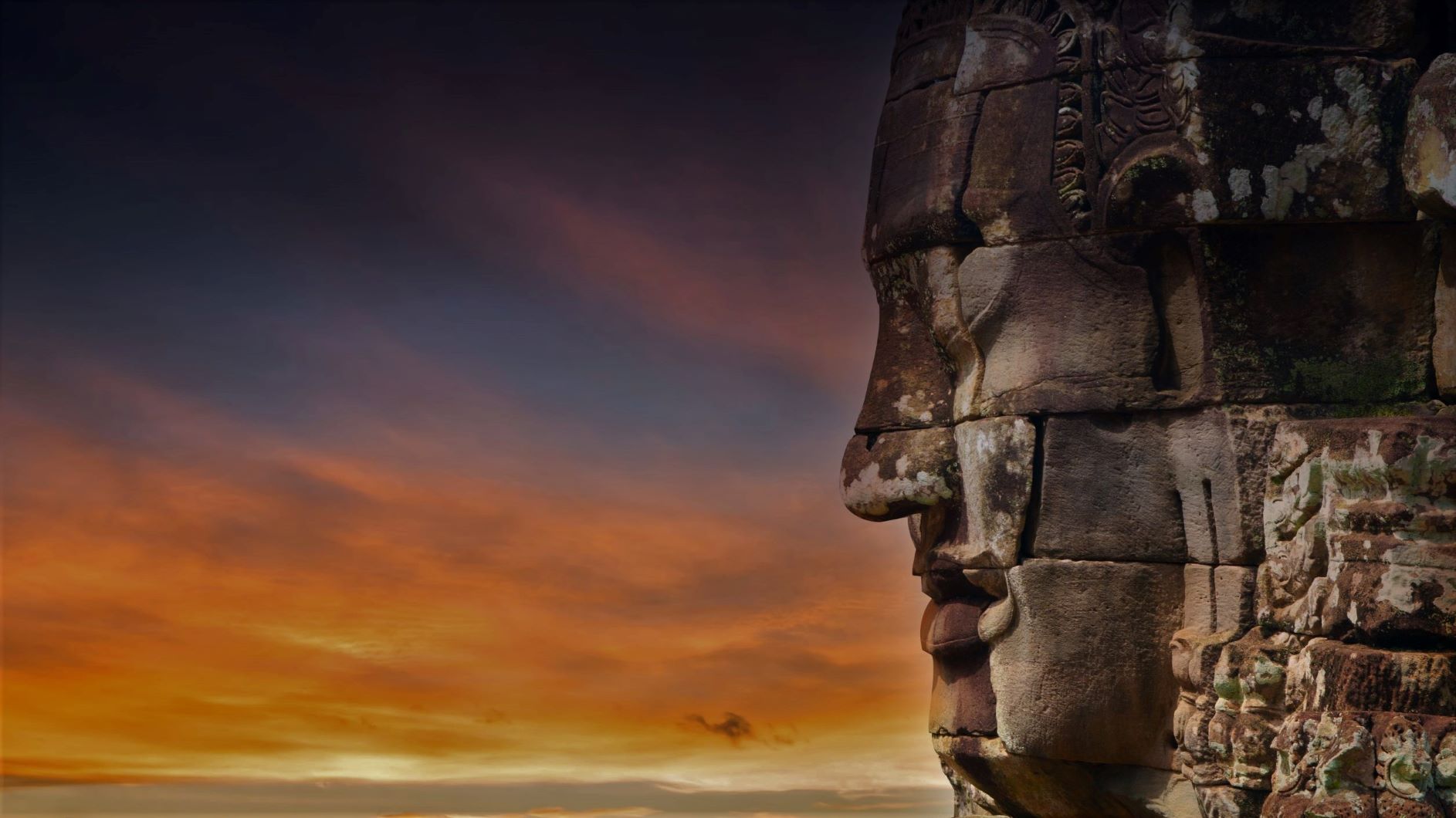






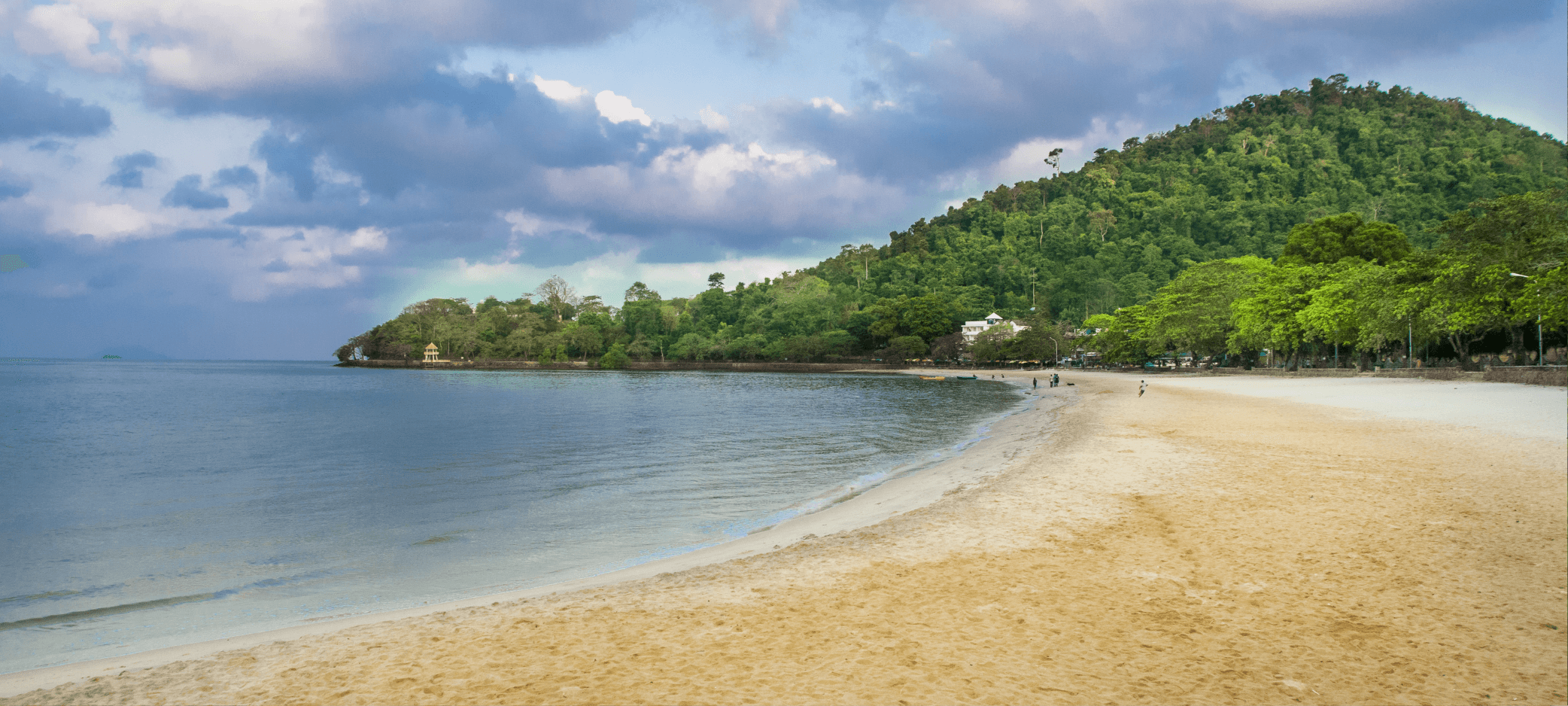
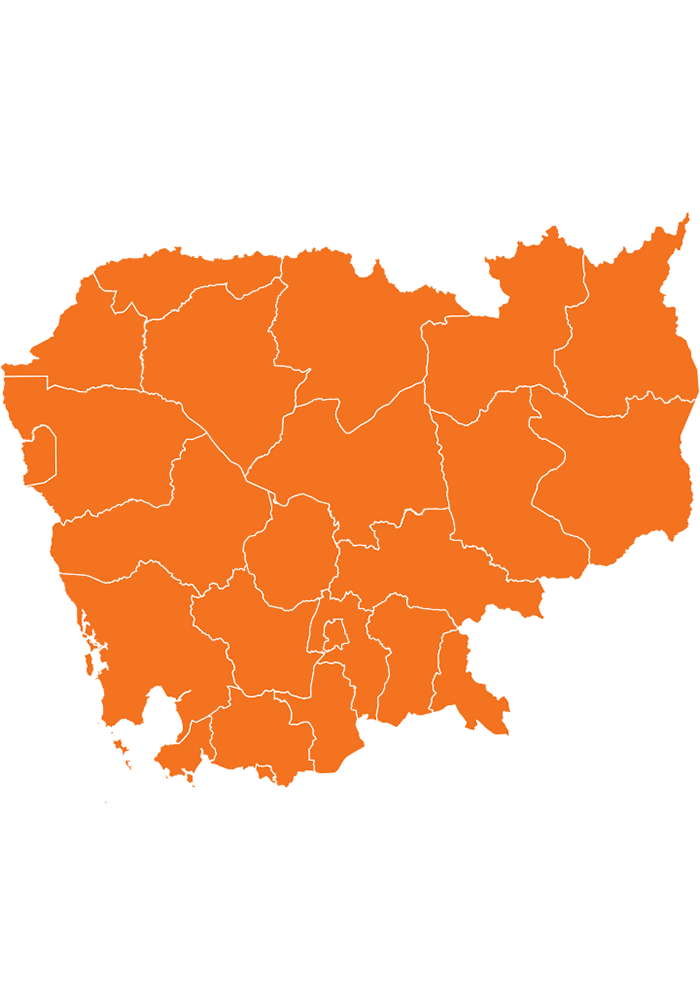

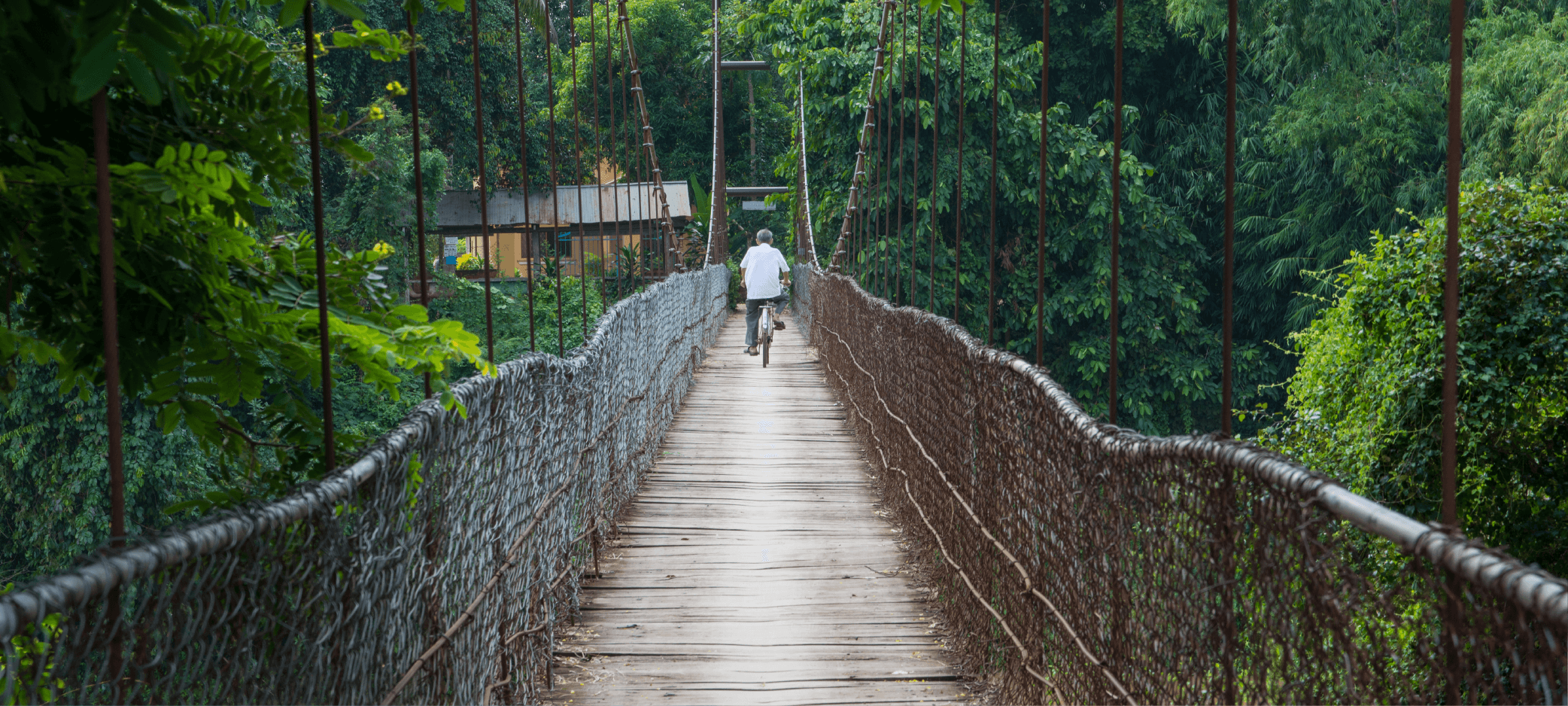
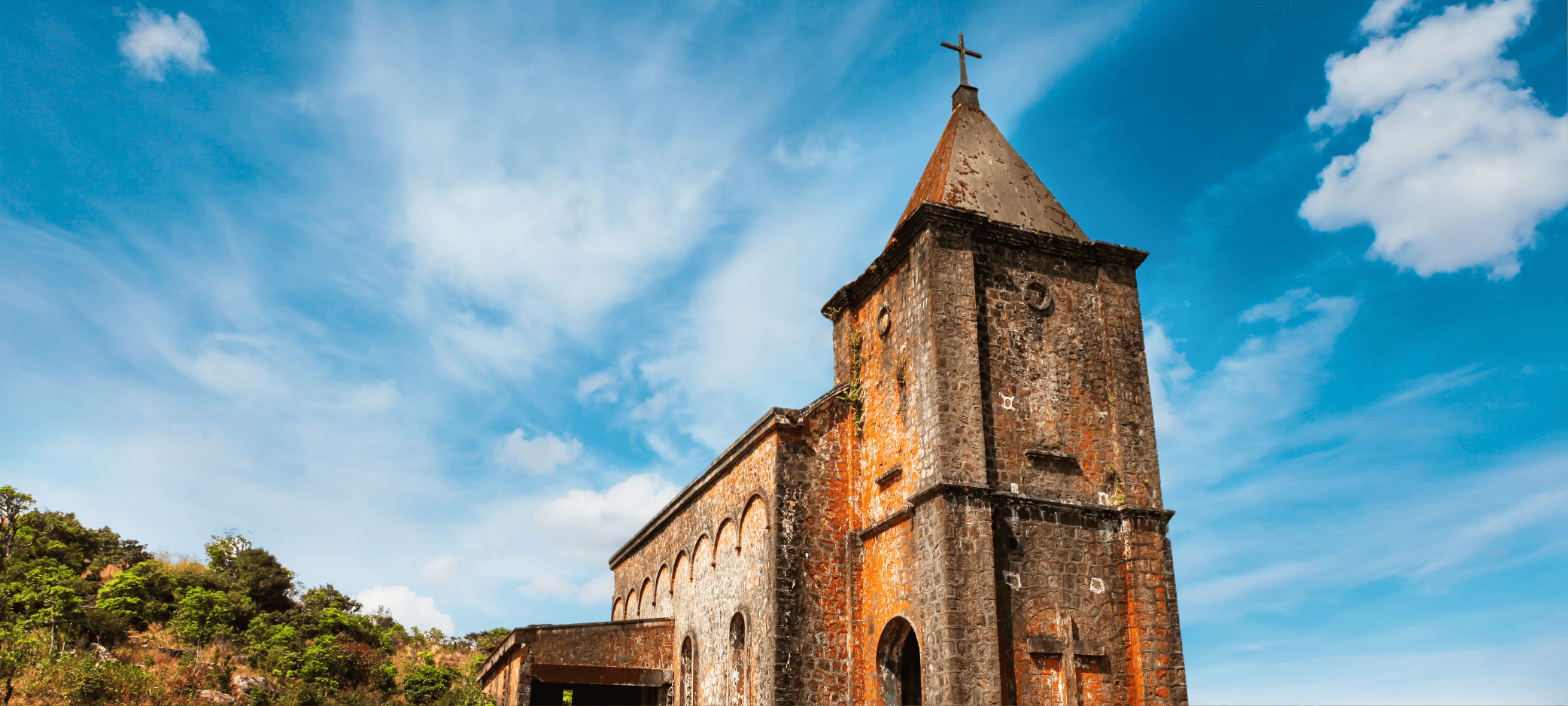
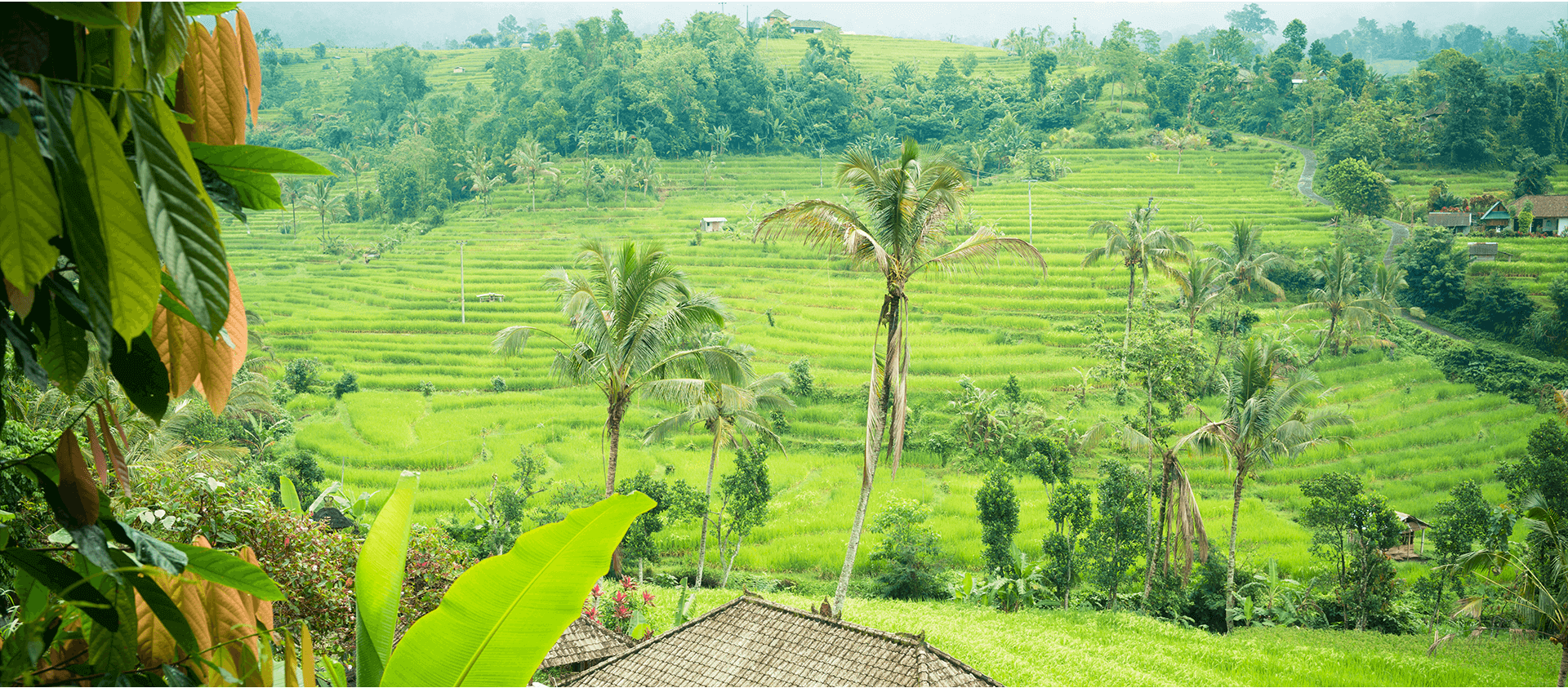
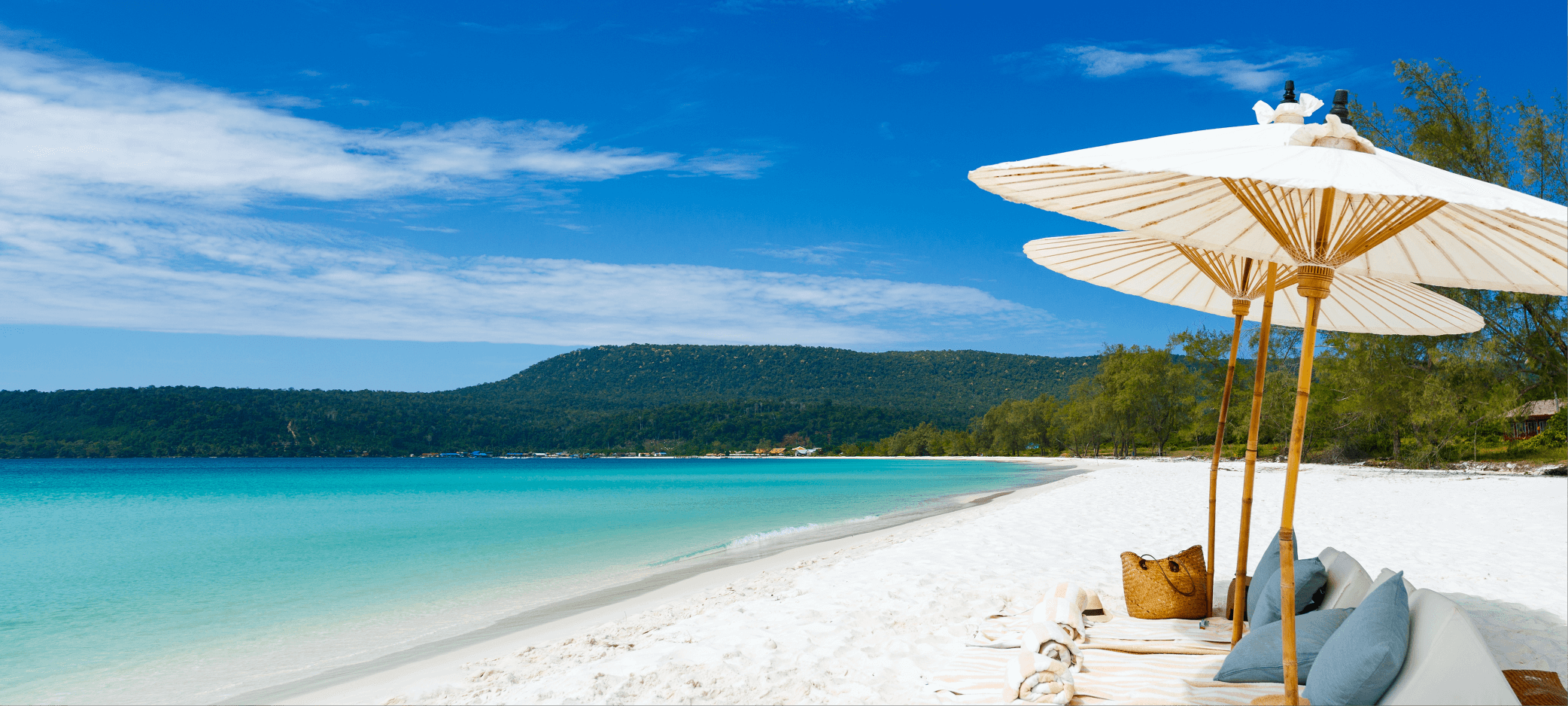
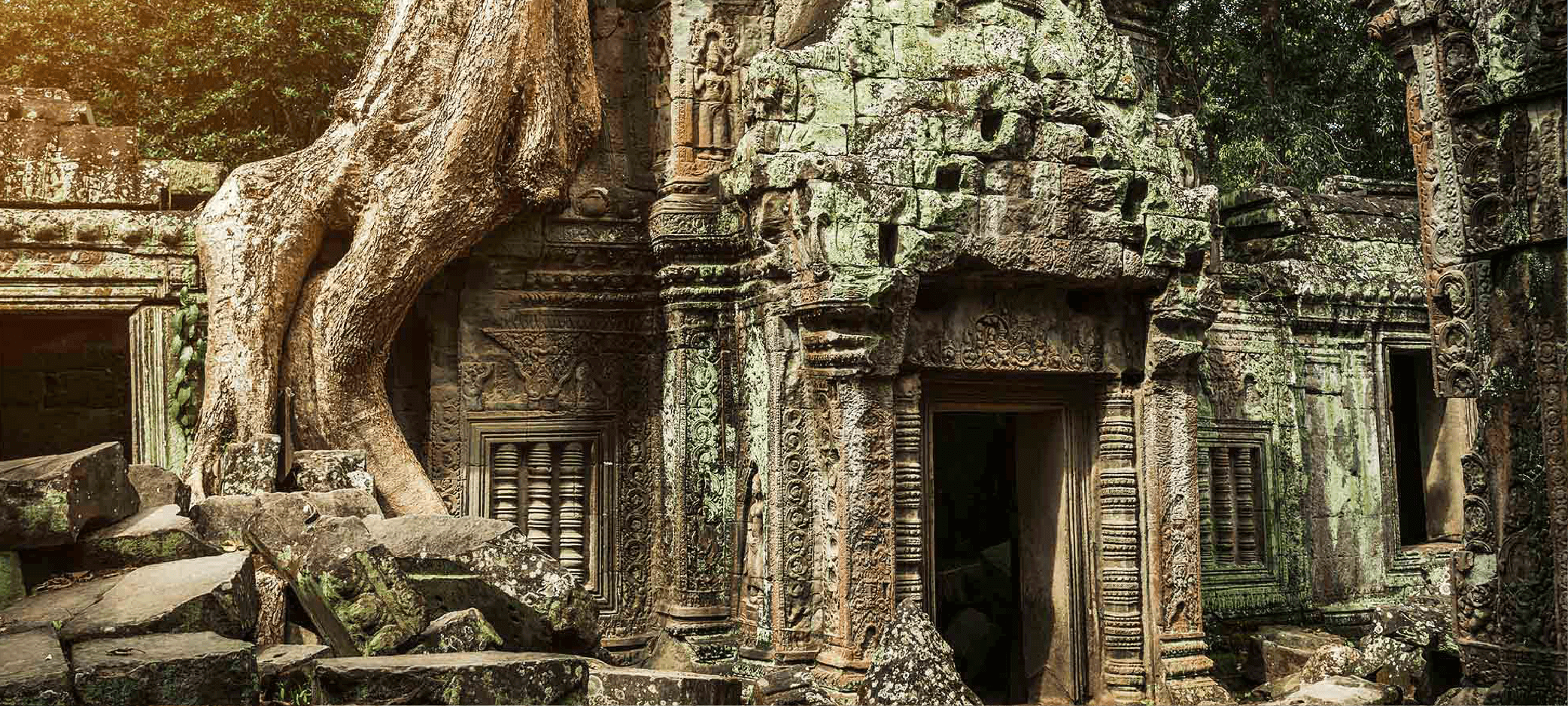
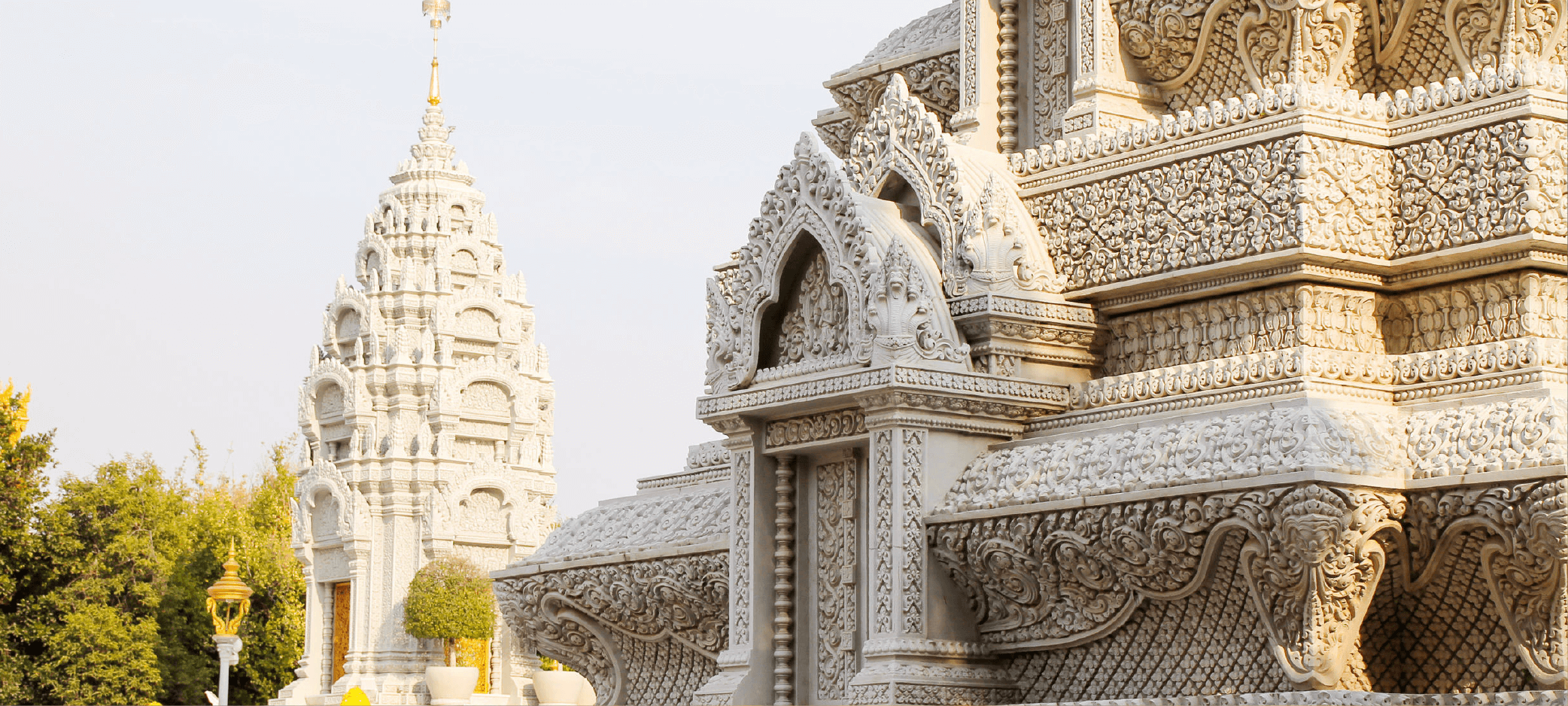
.jpg)
.jpg)
.jpg)
